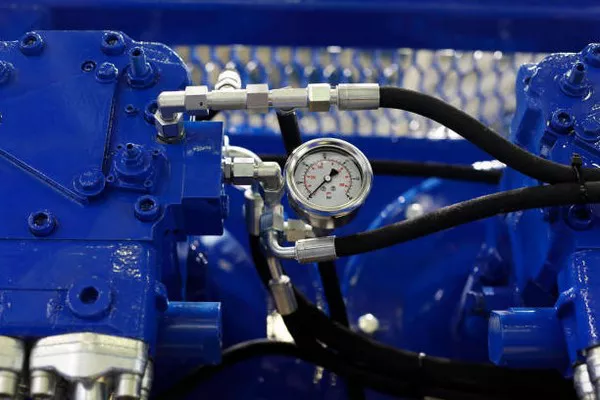Compressors play a crucial role in various industries, serving as the backbone of numerous processes that require the compression of gases or air. From manufacturing and energy production to refrigeration and air conditioning, compressors are ubiquitous in their applications. This article delves into the functions of compressors, exploring their importance in different sectors and the diverse types available in the market.
Understanding the Basics:
At its core, a compressor is a mechanical device designed to increase the pressure of a gas by reducing its volume. This fundamental principle is based on Boyle’s law, which states that the pressure and volume of a gas are inversely proportional when the temperature is held constant. Compressors leverage this principle to enhance the efficiency of various industrial processes.
Industrial Applications:
In manufacturing industries, compressors are integral to a multitude of processes. For instance, pneumatic tools, commonly used in manufacturing and construction, rely on compressed air to power drills, nail guns, and other equipment. Compressed air is also employed in the automation of production lines, facilitating efficient and precise operations.
Moreover, the oil and gas industry heavily depends on compressors for the extraction, transportation, and refining of hydrocarbons. Natural gas pipelines, for instance, require compressors to maintain the pressure needed for the smooth flow of gas over long distances.
Energy Production:
Compressors play a pivotal role in the field of energy production, particularly in power plants. Gas turbines, a common component in many power generation facilities, utilize compressors to increase the pressure of the incoming air before combustion. This compressed air enhances the efficiency of the combustion process, ultimately leading to increased power output.
In nuclear power plants, compressors are employed in the cooling systems to maintain optimal temperatures. They are crucial for ensuring the safe and efficient operation of these complex facilities.
Refrigeration and Air Conditioning:
In the realm of refrigeration and air conditioning, compressors are indispensable for maintaining controlled temperatures. In these systems, compressors circulate refrigerant gases, causing them to undergo compression and subsequent expansion. This cycle results in the absorption and release of heat, allowing for the regulation of temperatures within desired ranges.
Reciprocating, rotary, and scroll compressors are commonly used in these applications, each offering specific advantages depending on the requirements of the system. The choice of compressor type is influenced by factors such as energy efficiency, maintenance needs, and the scale of the cooling or refrigeration system.
Medical and Healthcare:
In the medical field, compressors are employed in various applications, including respiratory therapy, dental procedures, and laboratory equipment. Medical air compressors, for instance, provide a clean and reliable source of compressed air for ventilators, anesthesia machines, and other life-saving devices.
The pharmaceutical industry also relies on compressors for processes such as tablet manufacturing, where compressed air is utilized in the compression of powders into solid tablets. Additionally, compressed air plays a crucial role in the packaging of pharmaceutical products, ensuring sterile conditions during the sealing of containers.
Types of Compressors:
Compressors come in various types, each designed to suit specific applications and operational requirements. The main types include:
Reciprocating Compressors:
These compressors utilize a piston-cylinder mechanism to compress air. They are commonly used in small to medium-sized applications and are known for their simplicity and reliability. Reciprocating compressors find applications in industries such as automotive, construction, and refrigeration.
Rotary Compressors:
Rotary compressors operate on the principle of rotating elements, such as vanes or screws, to compress air. They are widely used in applications where a continuous and smooth flow of compressed air is required. Rotary compressors are known for their compact design and are often employed in air conditioning and refrigeration systems.
Centrifugal Compressors:
Centrifugal compressors use a high-speed impeller to accelerate air, which is then converted into kinetic energy and subsequently into potential energy by a diffuser. These compressors are suitable for high-volume applications and are commonly found in large industrial processes, such as petrochemical plants and gas pipelines.
See Also Can You Add Freon Without the Compressor Running?
Conclusion:
In conclusion, the functions of compressors extend across a myriad of industries, influencing the efficiency and reliability of essential processes. From manufacturing and energy production to refrigeration and healthcare, compressors are the unsung heroes that ensure the smooth operation of countless systems. As technology continues to advance, the development of more efficient and environmentally friendly compressors will undoubtedly contribute to the sustainable growth of various industries, further emphasizing the indispensable role of compressors in the modern world.


